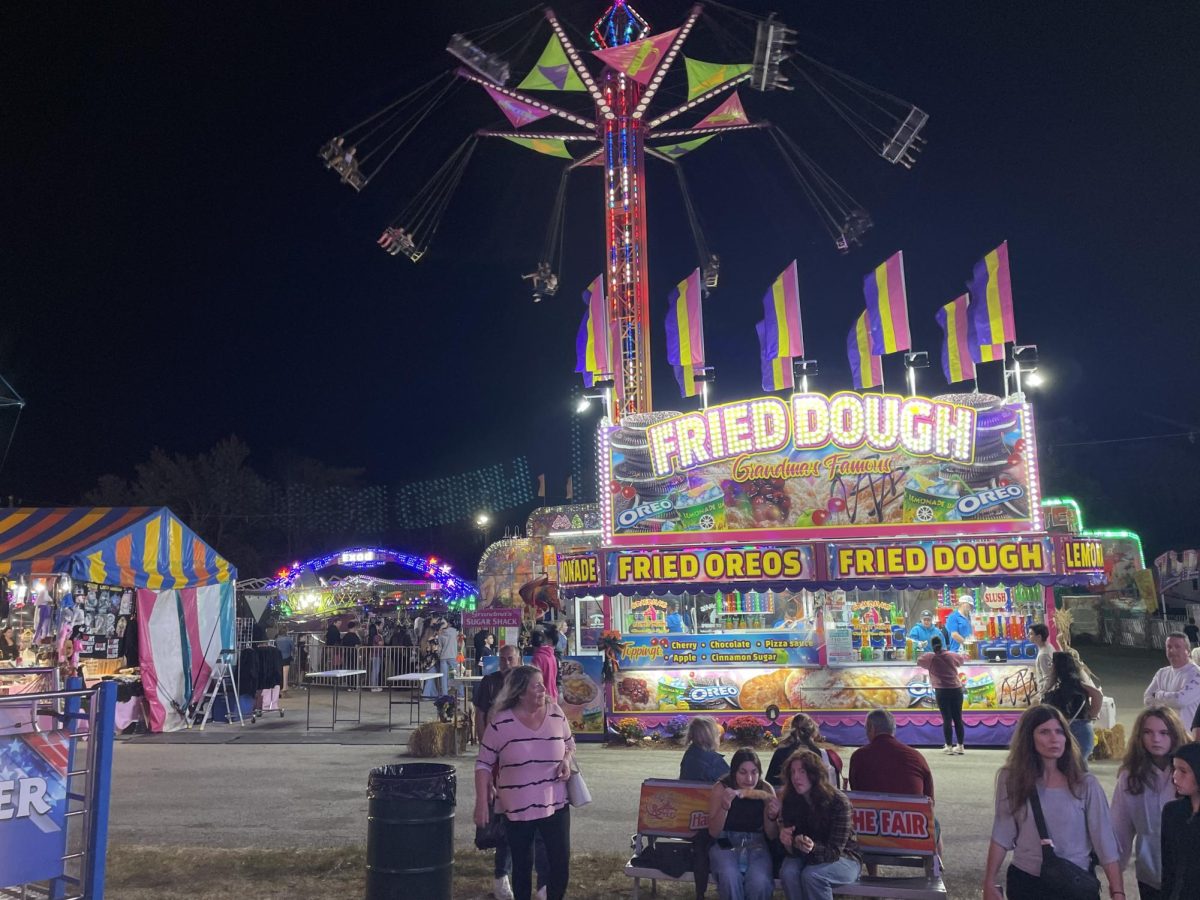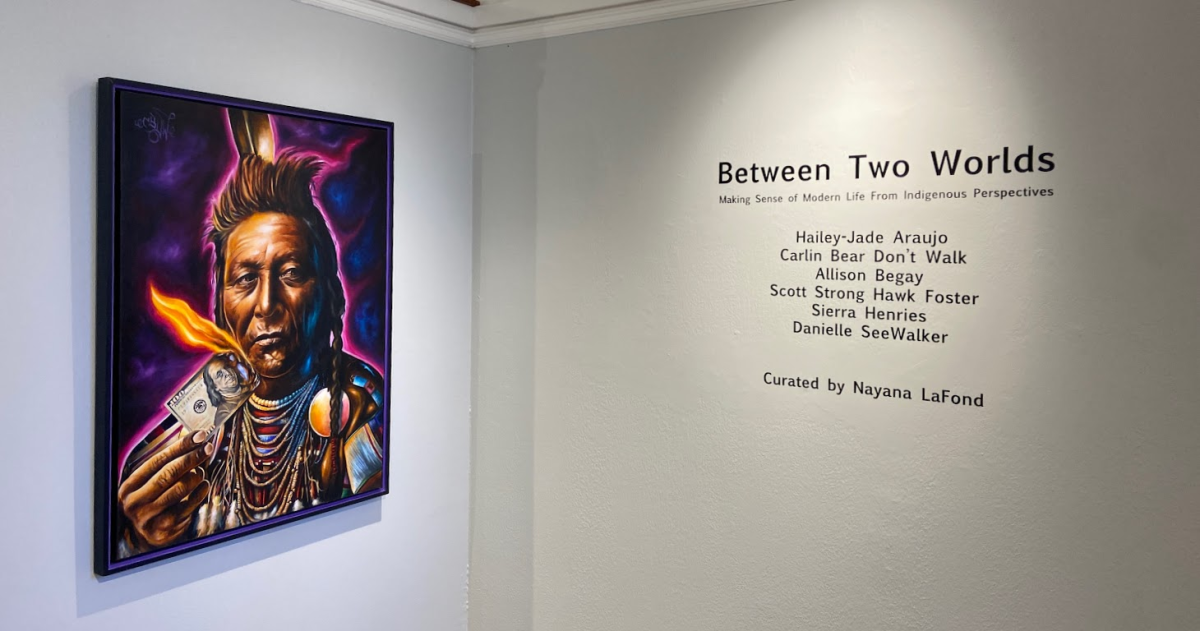Commonwealth Politics This Week:
Massachusetts has a state budget of nearly $61 billion, but the Commonwealth’s towns and cities can not always keep up when placed under budgetary strain.
Amid federal budget cuts and a shutdown, coupled with a general slowdown of state level aid for communities in Massachusetts, cities and towns are facing tough choices this budget cycle.
“Even with the most valiant efforts to operate efficiently, city and town leaders simply can’t overcome the larger trends that are forcing them to make drastic reductions, felt by local residents and local businesses,” said Adam Chapdelaine, Massachusetts Municipal Association executive director, in a statement to the Commonwealth Beacon.
Since the COVID pandemic Massachusetts tax revenue has increased drastically, but the aid provided to municipalities by the state known as unrestricted general government aid or UGGA has not increased at the same rate as inflation. Many smaller towns rely heavily on this support to maintain schools and other vital services in their communities.
The Massachusetts Municipal Association has called on the state to increase this aid but to also loosen restrictions on local sales taxes, income taxes and a cap on property taxes to help alleviate their budget constraints.
The Lowell Sun reported that between 2010 and 2022, inflation-adjusted spending on operations in Massachusetts municipalities grew by 0.6% per year. This is less than the 2.8% U.S. average for local spending growth.
The State Legislature has passed bills to increase municipalities’ abilities to raise funds through new taxes. Gov. Maura Healy filed legislation to allow towns and cities to raise taxes on hotel rooms and restaurant meals, but business groups opposed the bill.
Boston Mayor Michelle Wu filed legislation to allow the city of Boston to raise property taxes on commercial properties. The bill was opposed by a single senator who had recently received over $17,000 in campaign donations from real estate executives according to WBUR.
Commonwealth Crime Report:
Gov. Healy denounced a new trend that has emerged in many communities around the state known as “street takeovers.”
The governor was speaking on the issue as multiple people were arrested in separate incidents and a police cruiser was attacked by a mob and burned in South Boston, according to CBS News.
The trend involves groups of people blocking off streets and holding drag races and doing doughnuts in intersections.
Many republicans in the state house have criticized the governor’s response to the incidents.
“The truth is, incidents like we saw in the South End the other night are becoming more and more common. And they are becoming more and more common because the bad guys know there are no consequences,” Republican Brian Shortsleeve told WBZ.
Incidents have occurred in Boston, Fall River, Randolph and Middleboro according to CBS News.
Healy stated that she had directed the State Police to aid local police in investigating street takeovers and called on the public to report any information they may have on the events that have occurred or that may occur in the future.
Read All About It:
- In Quincy, a local advocacy group has raised its goal of $20,000 to mount a legal campaign against the town clerk’s office for their rejection of a petition to pose a ballot question on undoing the approved raise to Mayor Thomas Koch’s pay, according to the Patriot Ledger.
The raise is set to increase Mayor Koch’s pay to $285,000 per year, including a travel stipend.
The town clerk’s office rejected the last batch of signatures needed for the ballot question due to illegibility, but the group disputes that statement.
- The State Legislature is considering a plan that would place Narcan at every MBTA station across the system, according to the Boston Herald.
Currently the medication can be found at five Red Line stations as a result of a pilot program started in 2024.
Boston City Council unanimously approved an ordinance to redevelop vacant city property into affordable housing, according to the Boston Herald.



















